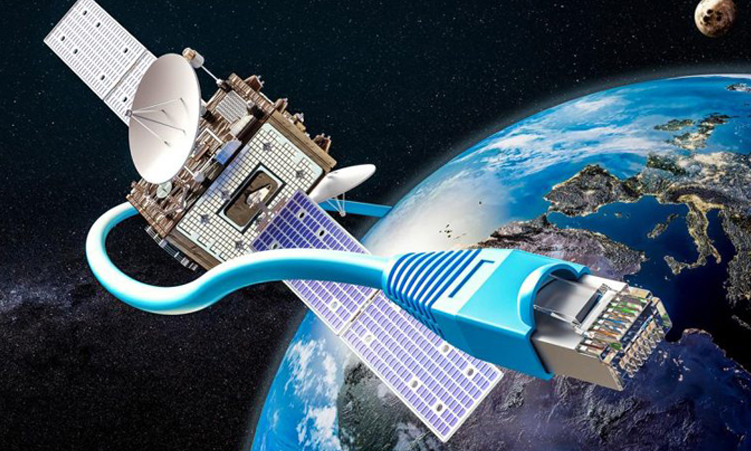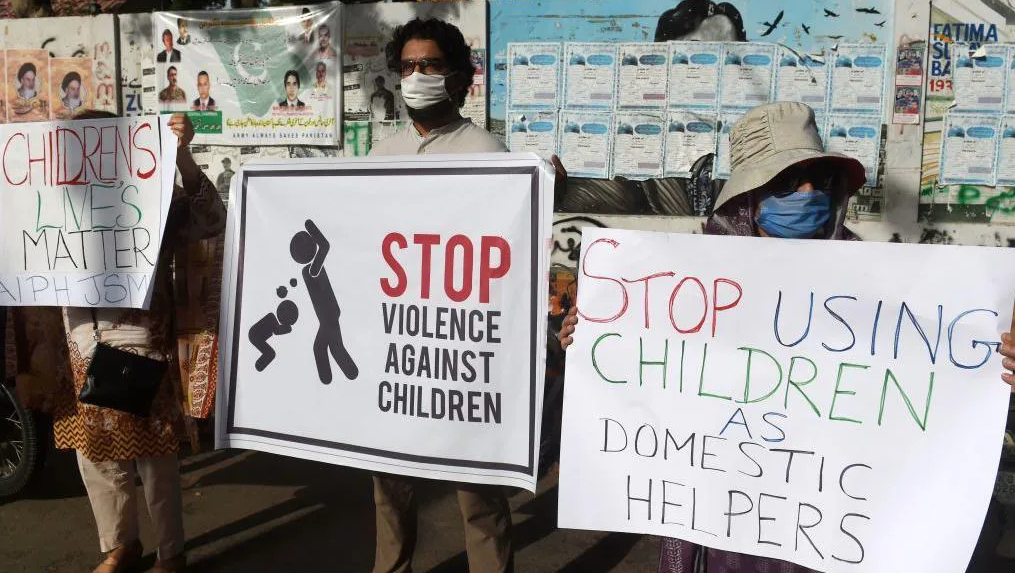Namibia Wetlands Route members in the Zambezi region say they need satellite internet company Starlink to operate in Namibia.
Their reasons include that their lodges are in remote areas which makes them struggle with internet connectivity to run daily operations, and their clients are also disadvantaged.
Namibia Wetlands Route chairman Simone Micheletti on Sunday said the poor to nonexistent internet services are costing them clients.
He said guests are not satisfied with the quality of the internet; they complain to their tour agents, who then do not book at local lodges.
“Tourists are failing to understand why they could enjoy uninterrupted internet services in remote lodges in Botswana and Zambia, however, coming to Namibia, they are unable to connect properly, chat or video call their family, or do some online work. Botswana, Zambia, and Zimbabwe are allowed to make use of Starlink services. These are basically our major competitors,” he said.
He added that having Starlink operational in Namibia would positively impact their businesses and, thus, the country’s economy.
“We need good internet for our online cloud-based operations to make or receive payment and have remote control of our systems. The majority of lodges have been compelled to implement CCTV coverage, which must be operated on reliable internet connections as a result of the escalating crime in the area.
Lodges are susceptible to burglaries and visitors’ safety may be at risk in the absence of internet connectivity,” he said.
Micheletti said it is about time Namibia steps up its game and allows innovative and efficient providers to ensure that businesses are not left behind.
“The current local-based internet service providers are too costly, but the quality of the service and the coverage are way behind Starlink.
We need Starlink, or any other provider, that will not only enable the tourism industry but will provide communities and youth living in rural areas of Namibia with good and affordable internet connectivity,” he said.
Starlink Services is a subsidiary of Elon Musk’s SpaceX.
It delivers broadband internet beamed down from a network of roughly 5 500 satellites that SpaceX started launching in 2019.
The Communications Regulatory Authority of Namibia (Cran) last December ordered Starlink to stop its operations in the country as they were doing so illegally.
Cran chief executive Emilia Nghikembua on Sunday said they have received Starlink’s application, which is still pending.
She explained that as per the Communications Act, the requirements on ownership restrictions are that no licensee may be controlled by any person that is not a Namibian citizen or a Namibian company, and no more than 49% of the stock in any licensee may be owned by persons that are not Namibian citizens or Namibian companies that are controlled by Namibian citizens.
“The minister may beforehand authorise the acquisition of control or ownership of stock that is prohibited by subsection (1).
In light thereof, and once due compliance with the ownership restriction as per section 46 of the act has been resolved, Cran will then proceed to consider Starlink’s application further,” she says.
Stay informed with The Namibian – your source for credible journalism. Get in-depth reporting and opinions for
only N$85 a month. Invest in journalism, invest in democracy –
Subscribe Now!










